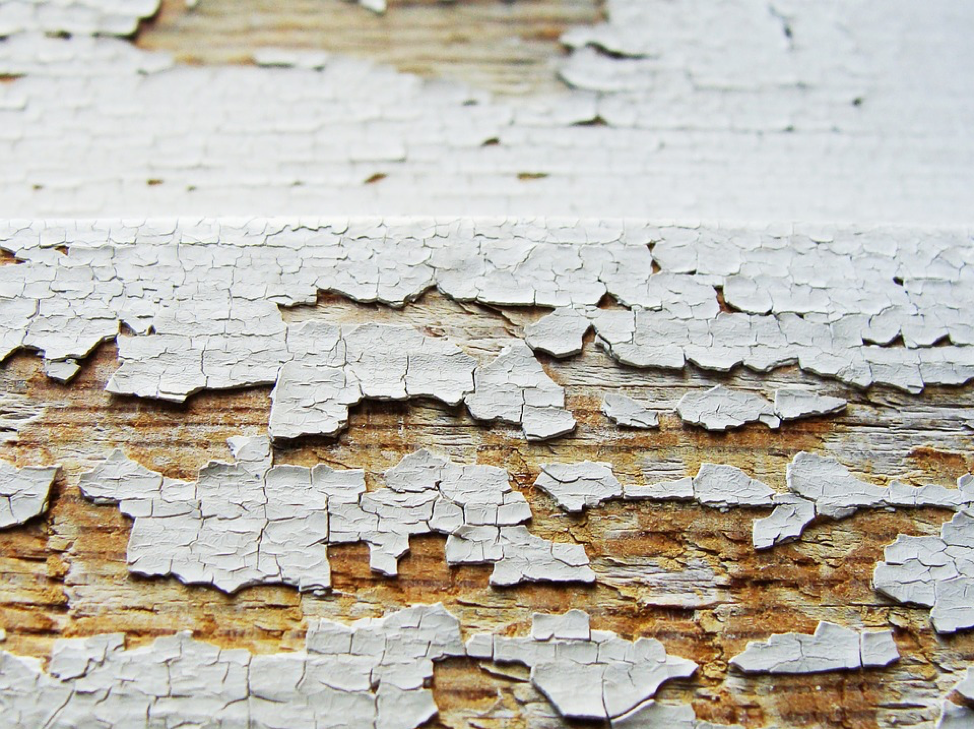Care, Affect, Crackup: Literature and Activism after Fukushima
Margherita Long
East Asian Studies
UC Irvine
What happens when people move beyond the moral clarity of a critique of the neoliberal recovery campaign in Fukushima and engage the reality of nuclear contamination directly? This book explores the power and the risk of what Donna Haraway calls “staying with the trouble.” It studies novelists, activists, and documentarians for whom living with radiation can lead both to “crackup” (depression, inertia, burnout) and to innovation and creativity. It’s a distinction that pivots on care and carework, which the project locates not only in the affective labor of mothers, doctors, and activists documented in films, but also in the art-making of writers and their protagonists. To date, the best books about art and activism after Fukushima (Kimura Saeko in literature, Noriko Manabe in music, Aya Kimura in sociology) emphasize the cruel biopolitics of Japan’s decision to keep annual radiation limits twenty times higher than before to the accident, so that towns can be repopulated, and recovery subsidies discontinued. The project asks how literature and activism can model a more affirmative, more ecological relation to the meltdowns by foregoing resistance in favor of the curious sustenance of what Deleuze calls “the mutual embrace of life with what threatens it.”


